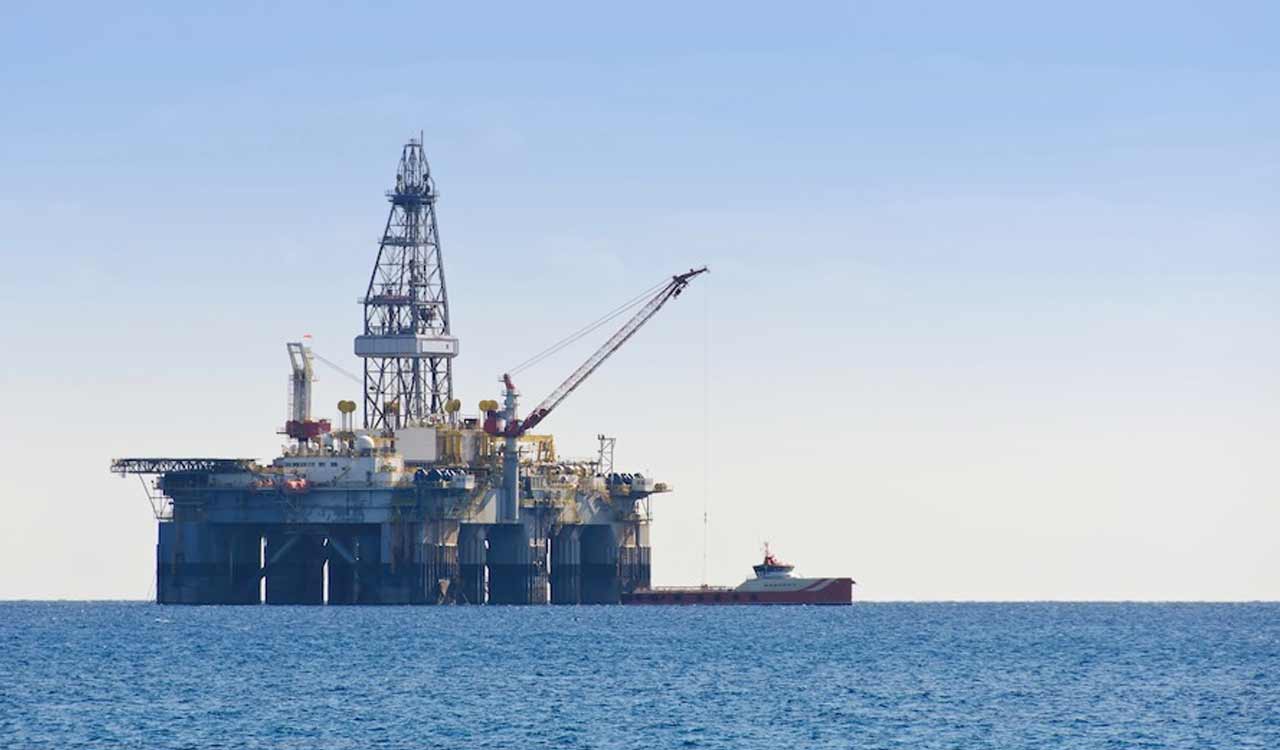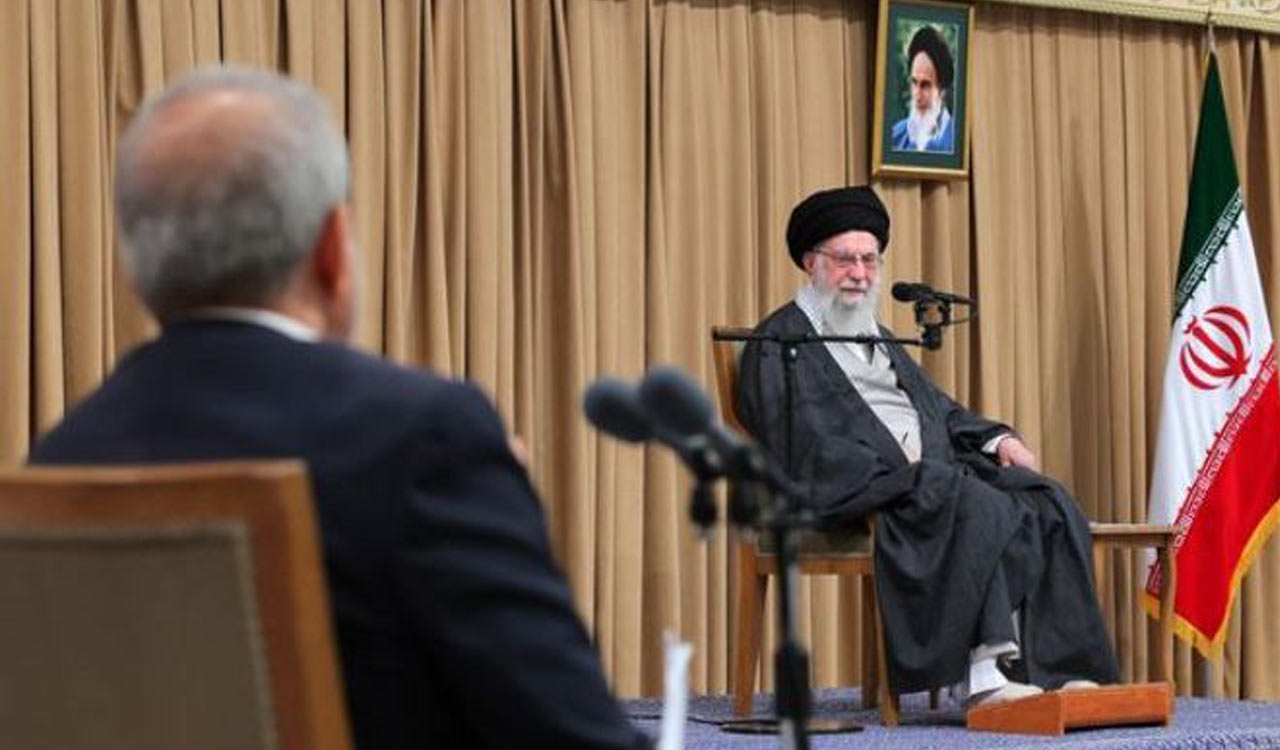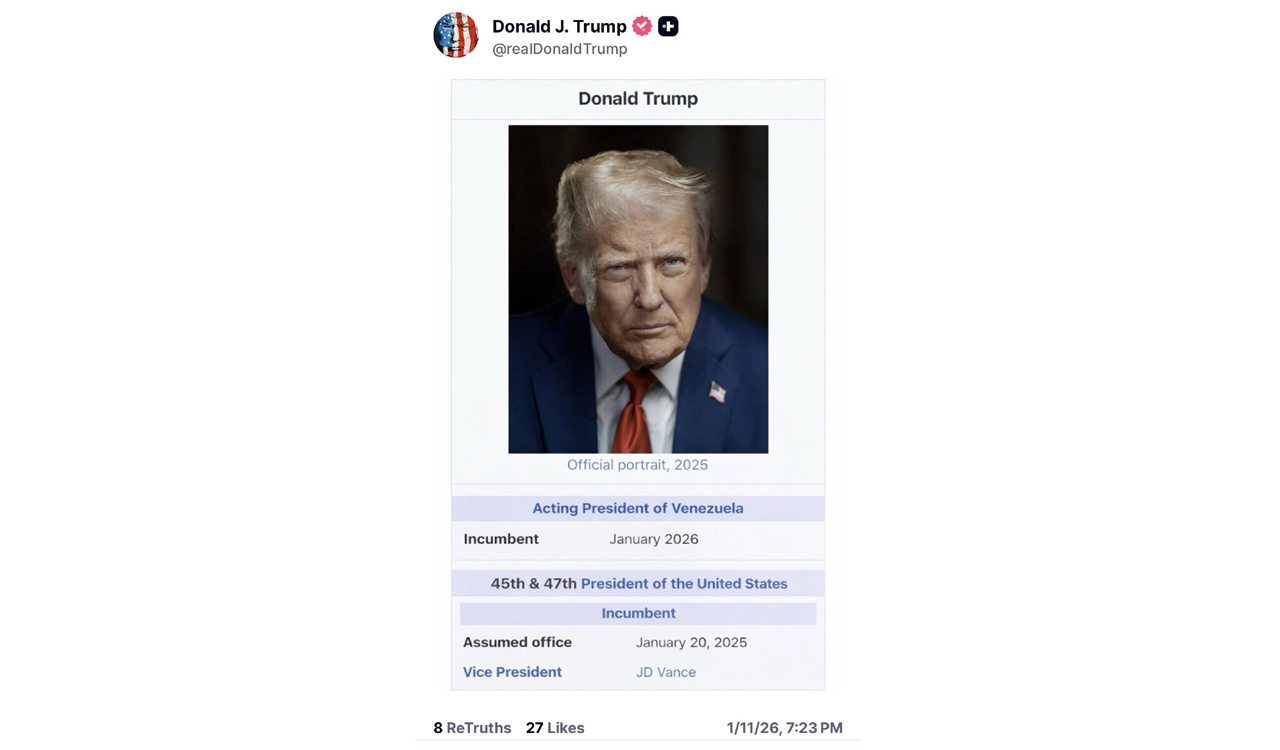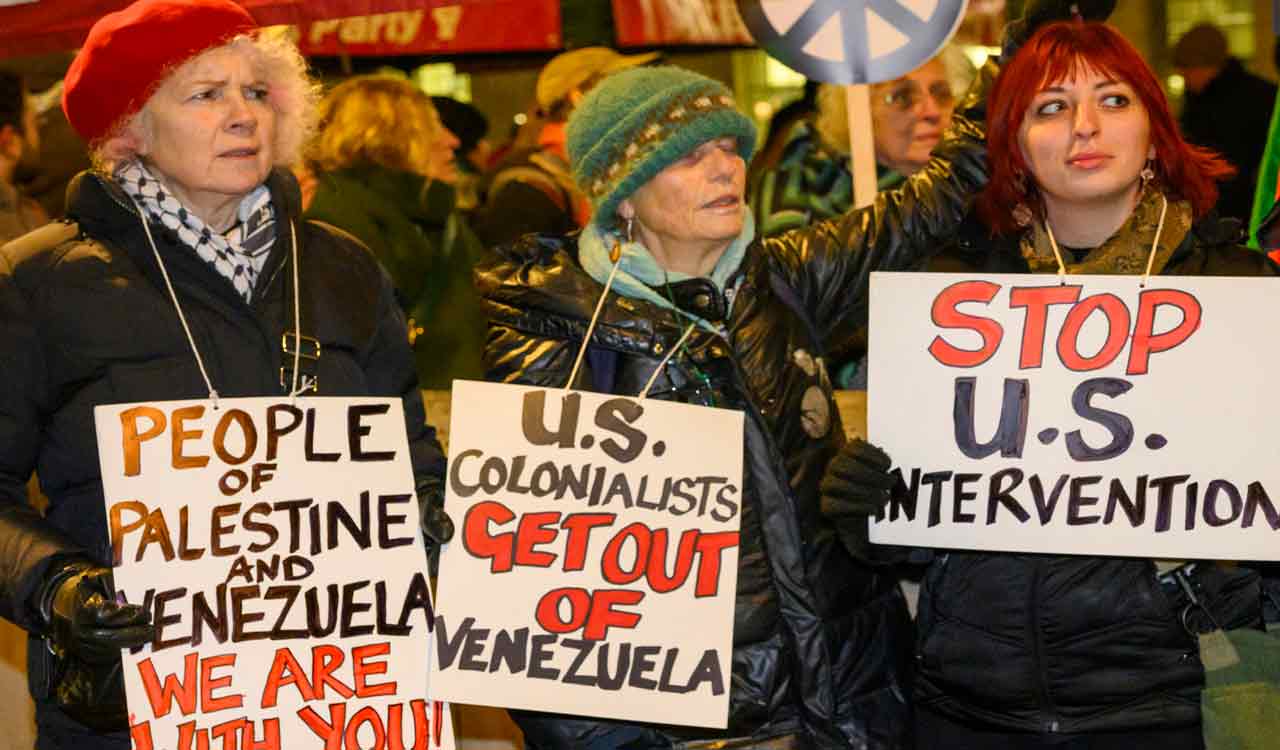Trump looks to deport migrants to Africa as part of third-country deals
The Trump administration is exploring deporting migrants to African countries. South Sudan has accepted eight individuals, while Rwanda is in talks. Nigeria opposes the plan, citing domestic challenges and legal concerns.
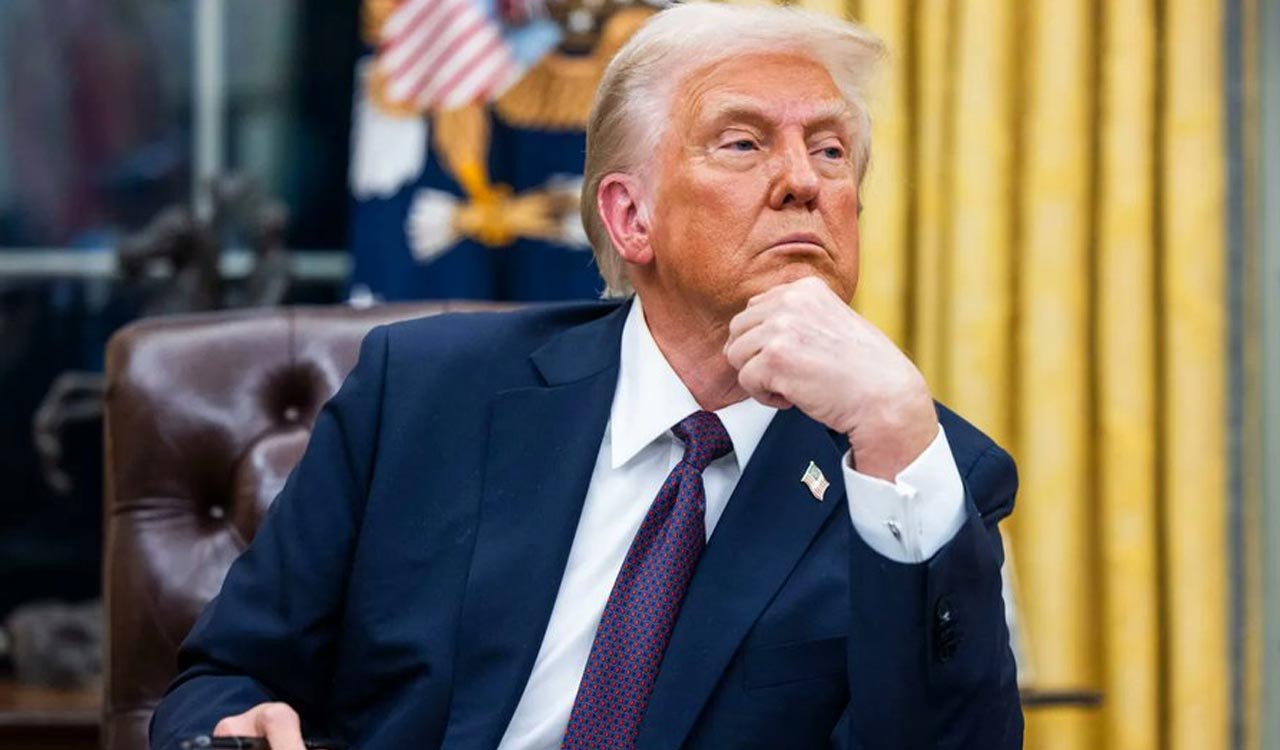
Dakar: South Sudan has accepted eight third-country deportees from the US, and Rwanda says it’s in talks with the administration of President Donald Trump on a similar deal, while Nigeria says it’s rejecting pressure to do the same.
Although few details are known, these initiatives in Africa mark an expansion in US efforts to deport people to countries other than their own. The United States has sent hundreds of Venezuelans and others to Costa Rica, El Salvador, and Panama but has yet to announce any major deals with governments in Africa, Asia, or Europe.
While proponents see such programs as a way of deterring what they describe as unmanageable levels of migration, human rights advocates have raised concerns over sending migrants to countries where they have no ties or that may have a history of rights violations.
Last year, the UK Supreme Court ruled that a similar plan to deport rejected asylum-seekers to Rwanda was illegal.
Trump meets with West African leaders
Earlier this week, Trump held a summit with five West African leaders in the White House, which highlighted the new transactional US policy towards the continent.
Trump discussed migration with the leaders of Liberia, Senegal, Guinea-Bissau, Mauritania, and Gabon, including the need for countries to accept the return of their nationals who do not have the right to stay in the US, as well as the possibility of accepting deported nationals of third countries.
US border tsar Tom Homan told the media Friday that the Trump administration hopes to forge deals with “many countries” to accept deported migrants.
“If there is a significant public threat or national security threat — there’s one thing for sure — they’re not walking the streets of this country. We’ll find a third, safe nation to send them to, and we’re doing it,” he said.
What African leaders are saying
Liberian President Joseph Boakai told media in Liberia on Friday that third-country nationals were discussed but that Trump had not directly asked Liberia to accept such deportees.
“They’re not forcing anybody, but they want us to know that this is the concern they have, and they are asking how can we contribute, how can we help?” he said.
President Umaro Sissoco Embaló of Guinea-Bissau said Trump discussed the topic during the summit, but did not specifically ask for the African nations to agree to accept deportees. Other West African governments did not reply to a request for comment.
Nigeria’s Foreign Minister Yussuf Tuggar, meanwhile, said such conversations were being held between US representatives and several African countries, though he declined to provide details.
He said late Thursday that Nigeria would not bow to what he described as pressure to accept third-country deportees, saying the country had enough problems of its own.
What’s in it for African countries
Experts say some African countries may seek to facilitate US deportation programs in order to earn goodwill in negotiations over tariffs, cuts in US aid, or visa restrictions that have hit several African countries in recent months.
Beverly Ochieng, an analyst at the security consulting firm Control Risks, said countries may want to reach a migrant deal to avoid a situation “where they lose access to the US economy or economic initiatives and bilateral relations.” Those factors are especially important, “in light of the withdrawal of developmental aid,” Ochieng told the Associated Press.
What has been done so far
So far, the only African country to accept third-country deportees from the US has been South Sudan, which accepted eight deportees with criminal convictions, only one of whom was from South Sudan.
It is unclear what deal may have been struck between the two countries. The South Sudanese Foreign Ministry has declined to answer questions.
Alan Boswell, the Horn of Africa program director at the International Crisis Group think tank, said South Sudan would have “a number of reasons to want to placate a Trump administration, be that avoiding visa bans, warding off more sanctions against its elite, or generally trying to curry favor.”
The decision has drawn criticism from South Sudanese civil society and some members of government. “South Sudan is not a dumping ground for criminals,” said Edmund Yakani, a prominent civil society leader in the country.
Homan, the US border tsar, said Friday he was unsure of the situation of the eight men, saying they were no longer in US custody.
Lawyers and advocates are concerned about that kind of uncertainty over the legal status and safety of such migrants, said Michelle Mittelstadt, a spokesperson for Migration Policy Institute.
“There’s a lot of confusion and lack of clarity over who actually has control of these individuals when they’re deported to a third country,” Mittelstadt said.
Rwanda’s foreign minister told the AP last month that talks were under way with the US about a potential agreement to host deported migrants, without providing details. The US State Department declined to comment on a potential deal.
Rights groups have long criticized Rwanda for their human rights record, especially the deaths in Rwandan custody of some perceived government critics.
The UK struck a deal with Rwanda in 2022 to send migrants who arrive in the UK as stowaways or in boats to the East African country, where their asylum claims would be processed and, if successful, they would stay. But the plan was stalled by legal challenges and criticized by human rights groups.
Related News
-
Vaishnaw apologises for chaos at opening day of AI summit
32 mins ago -
Chairperson polls in three municipalities deferred again as Congress unleashes anarchy
51 mins ago -
25th batch of police canines, handlers pass out at IITA Moinabad
3 hours ago -
Kharge slams AI Summit management, alleges global embarrassment
3 hours ago -
PM Modi calls India AI Impact Expo 2026 powerful convergence
3 hours ago -
Writing code will not be main goal in AI era: Infosys Chairman
3 hours ago -
India contributes 16 per cent of world AI talent, white paper reveals
3 hours ago -
Kukatpally family conducts funeral after days of prayers for deceased
4 hours ago

